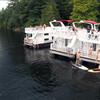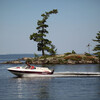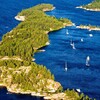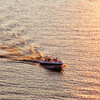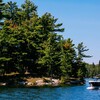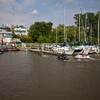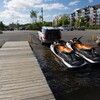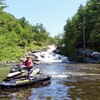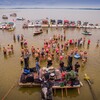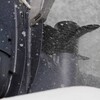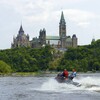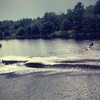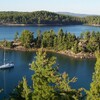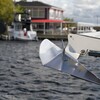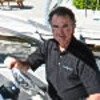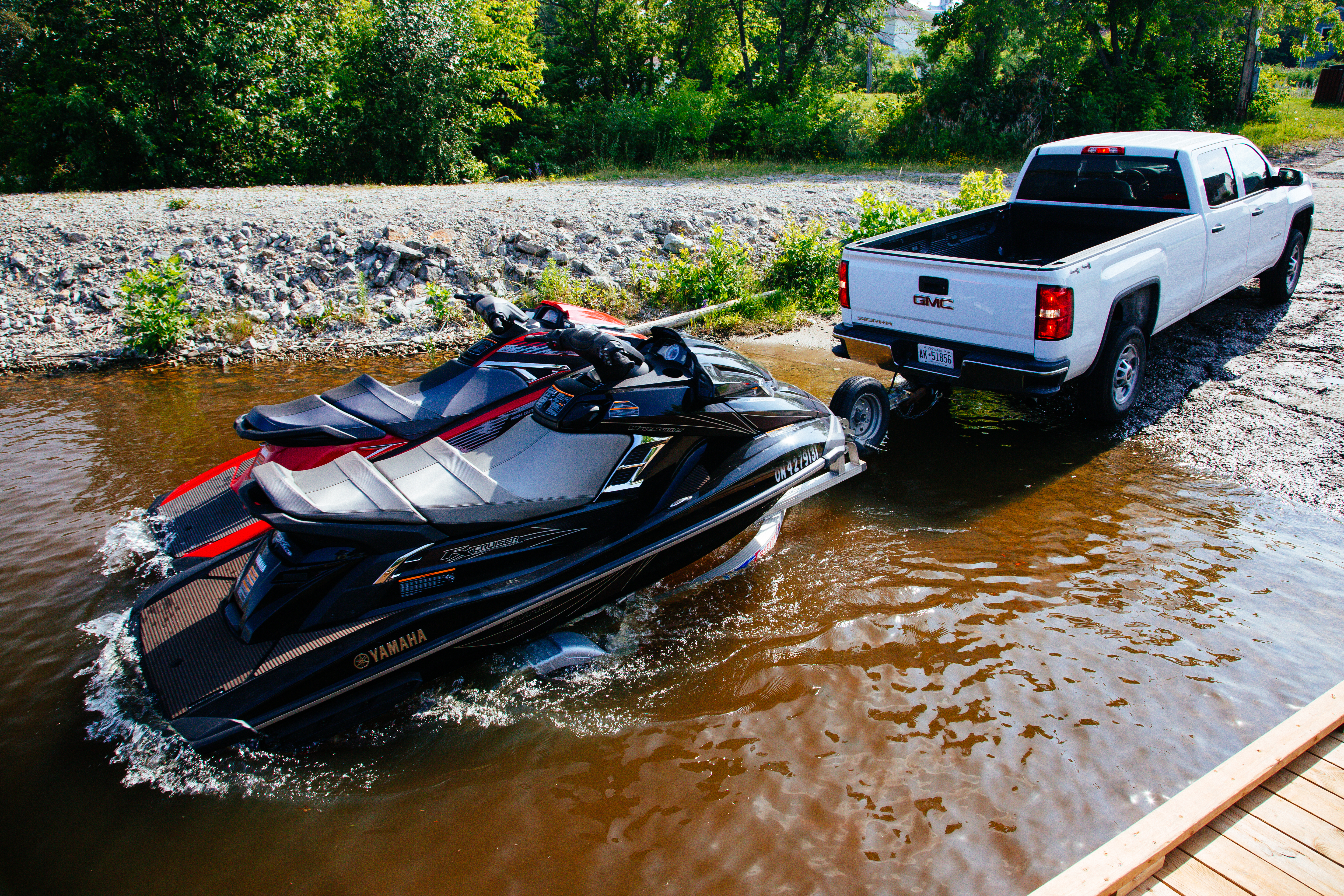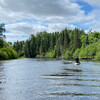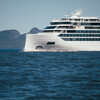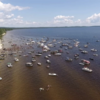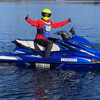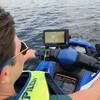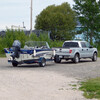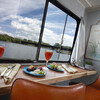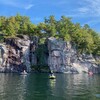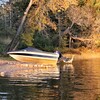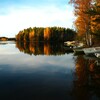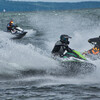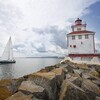
Make It Personal
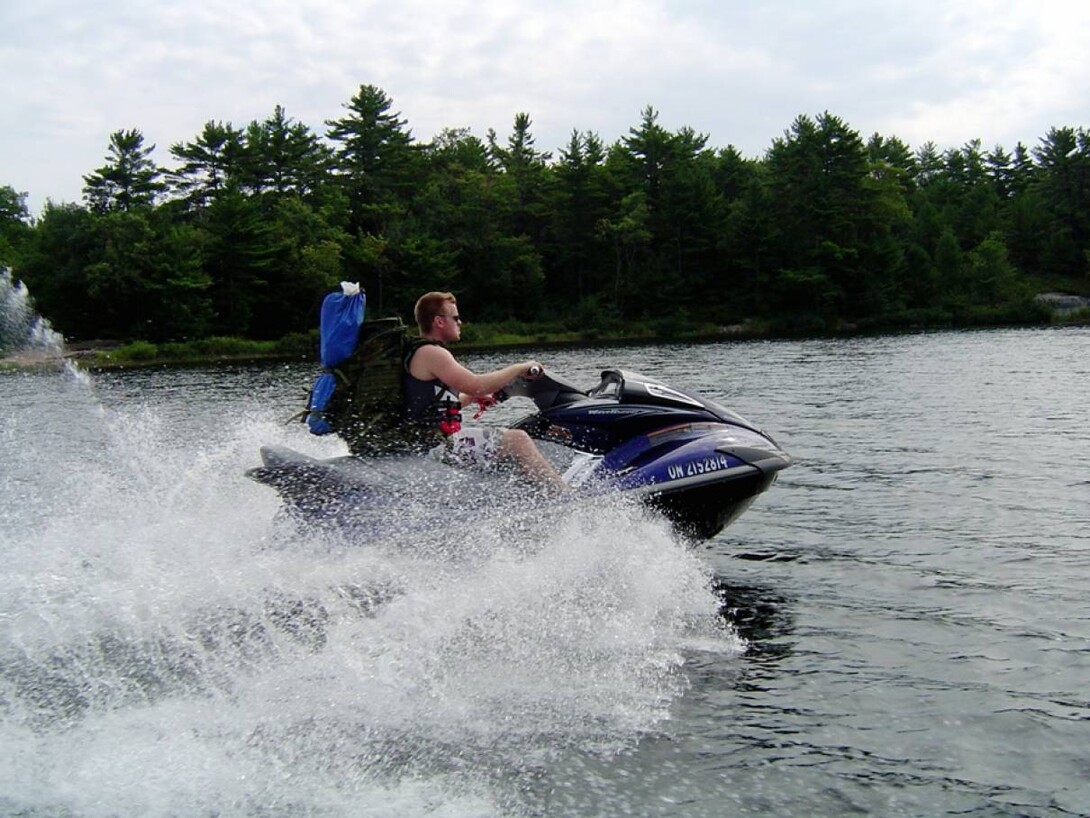
Ontario’s provincial parks are hardly a state secret – popular ones operate at close to capacity during summer months – but, too often, personal watercraft are left out of the picture. Say “Provincial Park” and images of kayakers, canoeists and backpackers immediately spring to mind.
In fact, many of Ontario’s more than 300 parks, which are spread out over eight million hectares and are usually on the water, are ideal for exploration and enjoyment by personal water craft. Whether you are looking for a long sandy beach, a rocky deserted cove or miles of open water backed by pristine wilderness, the province’s parks have something for you.
Some parks on small lakes or in wilderness areas have restrictions on motorized boats, but there’s still plenty of waterfront territory available. The printed Ontario Parks guide booklet is a great resource and there’s more specific info online at the Ontario Parks website.
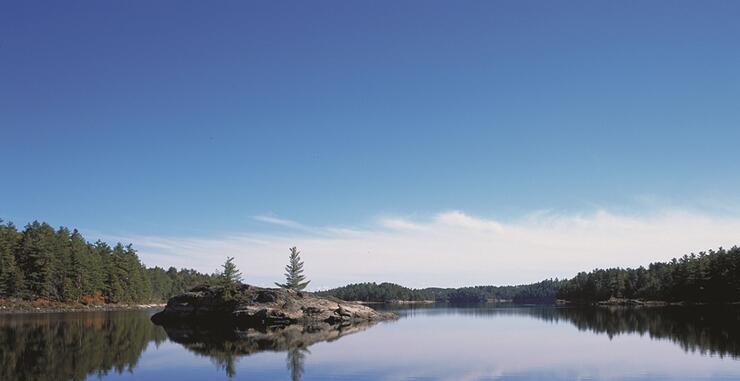
Even if a park doesn’t have a launch ramp, there may be one at a nearby marina. The Boating Ontario Marina Directory gives a complete listing, now available online at boatingontario.ca. Some parks, like Inverhuron near Tiverton, have the only ramp in the area, so it’s well used by local boaters. Other parks, like Turkey Point on Lake Erie, are easily reached from nearby marinas.
Some parks with motorboat restriction – including Murphy’s Point on eastern Ontario’s Big Rideau Lake and The Massasauga on Georgian Bay – are only partially inaccessible. The restrictions at Murphy’s Point apply to one narrow bay and a small inland lake, leaving the scenic, boater-friendly Noble Bay shoreline open. Restrictions at The Massasauga only apply to inland wilderness areas; the islands and inlets open to Georgian Bay are not restricted and are easily accessible from the Pete’s Place access on Blackstone Harbour or other marinas.
Ready to Camp?
Unless you tow your PWC behind a motor home (or have a second tow vehicle for your camping trailer), you will probably sleep in a tent. Bring a good one, as well as sleeping bags and foam mats, a tarpaulin to create a cooking and eating shelter, kitchen utensils and a camp stove, a cooler full of food and beverages, clothing to suit the weather and insect conditions, and battery-operated lights along with all your riding gear.
Automobile access parks usually offer a pretty civilized camping experience, with washrooms and showers nearby. If you’re heading into a water-access-only park in northern Ontario, you’ll want gear that’s compact enough to fit into your PWC. Forget foam mats. Get a soft-sided cooler. You will also need a water-purification pump or extra drinking water. Wherever you go, take charts and your usual navigation equipment. As with any outing, plan fuel consumption for a round trip or ensure a marina is within range for refueling.
Whether it’s for a drive-in or wilderness camp site, plan your park visit well in advance and make reservations online at Ontario Parks, no more than five months before your arrival date. Online maps let you pick specific campsites.
A Day at the Beach
If sun and wave conditions create a perfect beach day, there are plenty of options. Pancake Bay Park on Lake Superior, just north of Sault Ste. Marie, has a long, wide beach. But watch the weather. After all, the famous Edmund Fitzgerald sank offshore from here, and if you have to get back to the nearest launch ramp, it’s about six miles south at the mouth of the Batchawana River.
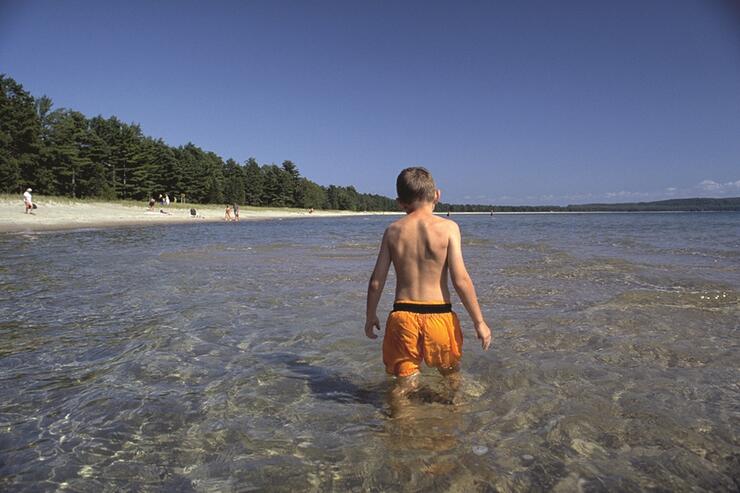
Wasaga Beach Park ,on southeastern Georgian Bay, is exposed to weather from the west, but shelter and a marina launch ramp are located nearby up the Nottawasaga River. The town of Wasaga Beach offers a different kind of experience than you’ll find on Lake Superior. Its nine miles of beach are always crowded on summer weekends and the “downtown” area has a carnival-like atmosphere.
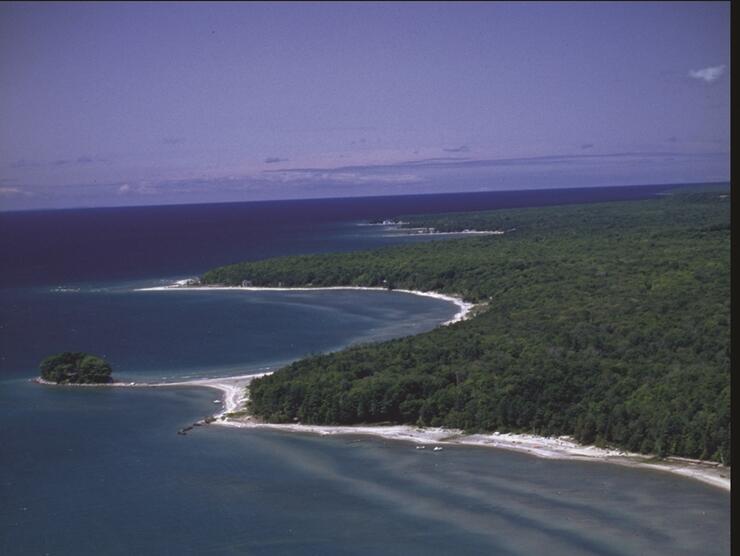
If you want to be sure of sheltered, warm waters, check out Lake Erie. RondeauPark fronts on Rondeau Bay and the lake, near the village of Erieau, and has plenty of options. Launch at nearby Erieau Marina and, depending on the weather, head onto the open lake or enjoy one of Rondeau Bay’s well-sheltered beaches.
Sandbanks Park on Lake Ontario, near Picton, offers similar options, with protected water inside the sandbar’s inlet and open water on the outside beach.
Along with great beaches, some southern parks also offer what they call “roofed accommodations” – a house and cottages at Sandbanks and cottages at Balsam Lake Park in the Kawartha Lakes on the Trent-Severn Waterway. Like southern campsites, the cottages should be booked well in advance. Some also require a minimum week-long stay during the summer.
Go North… Into the Wild
If you’re looking for a wilder experience, head north.
The Massasauga Park, just south of Parry Sound, has campsites along Georgian Bay’s eastern shore – on Wreck and Sharpe Island in Spider Bay and Port Rawson Bay – that would be fine for PWC. Just be ready to anchor and/or tie to shore.
The French River Park, further north but south of Killarney, also offers great boat and PWC access to campsites along the upper reaches and channels of the French River and the Pickerel River. There are rapids on the channels that lead down to Georgian Bay, so watercraft riders need to head down the Key River instead, then proceed north to campsites on the islands and inlets along the coast. It’s rocky, windswept and exceptionally beautiful country.
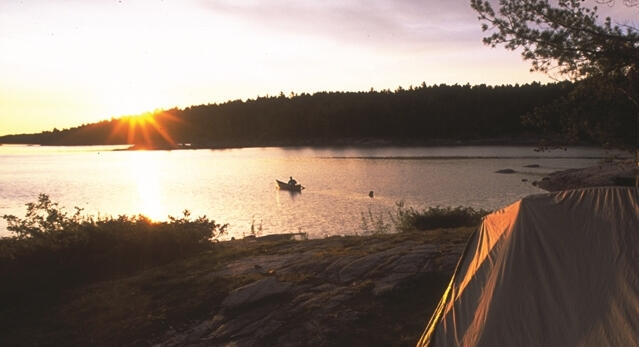
You may be sharing either park with canoeists or kayakers, so be careful and courteous. In many channels, you will want to go slowly anyway to watch for rocks. You have to be self-sufficient in parks like this and prepared to keep your food pack away from animals (usually hung high in a tree). Obey park rules, pack out your trash, take care with fire and bring insect repellent.
Wilderness camping takes a bit more work and knowledge, but the rewards include solitude and the kind of rugged, natural scenery that only Canada’s north and Ontario’s parks can offer.
Recommended Articles
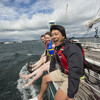
6 Ways to Explore the Great Lakes by Boat or Cruise
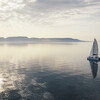
Discover Northern Ontario's Top Boat Tours
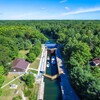
A Guide to Boating the Trent Severn Waterway in Ontario 2025
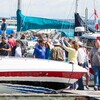
Boating Events in Ontario: A Complete Guide to Summer 2025

19 Charming Lighthouses to Visit in Northern Ontario
I Boated the Trent Severn Waterway and Here's What It Was Like
I Sailed the New Viking Octantis and Here's What It Was Like
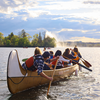
Canadian Canoe Museum
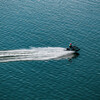
14 PWC Itineraries and Tips for Riding in Ontario
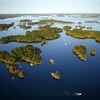
A Thousand Adventures: Boating the 1000 Islands in Ontario
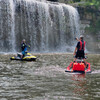
Road Tripping with your PWC
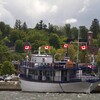
Boat Tours and Cruises in Ontario
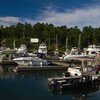
A Guide to Ontario's Marinas

5 Baller Boating Destinations in Ontario
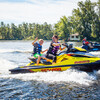
Amazing PWC Getaway
